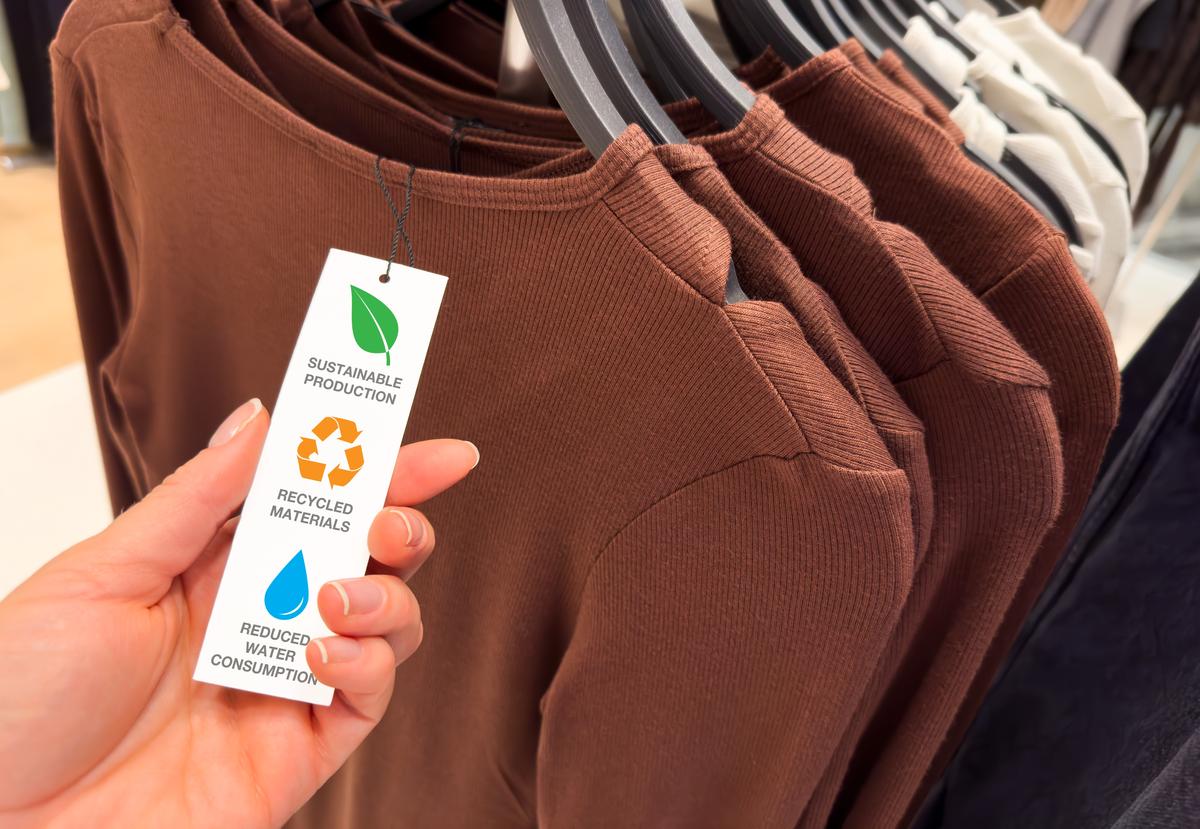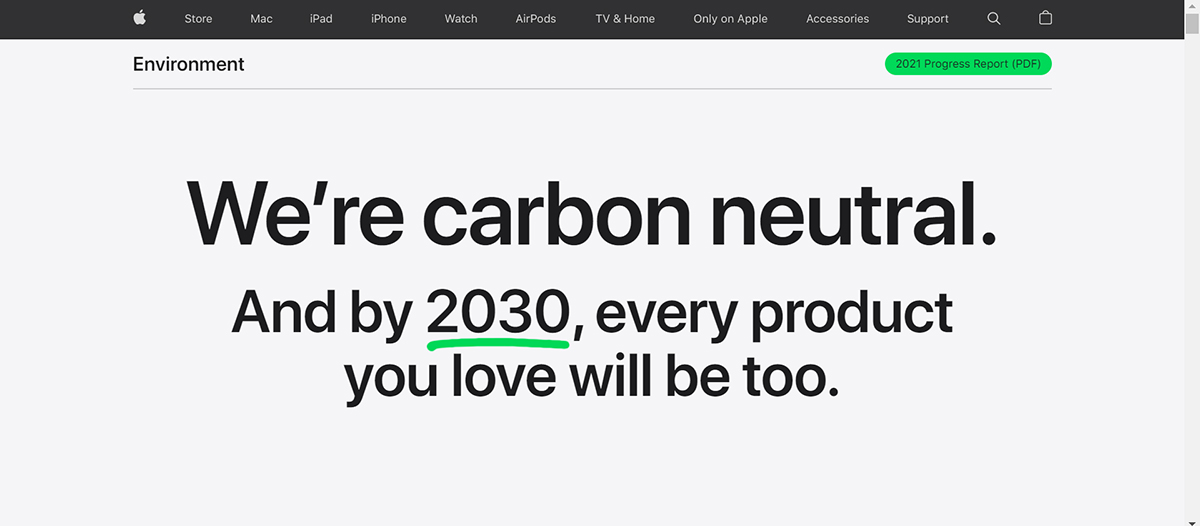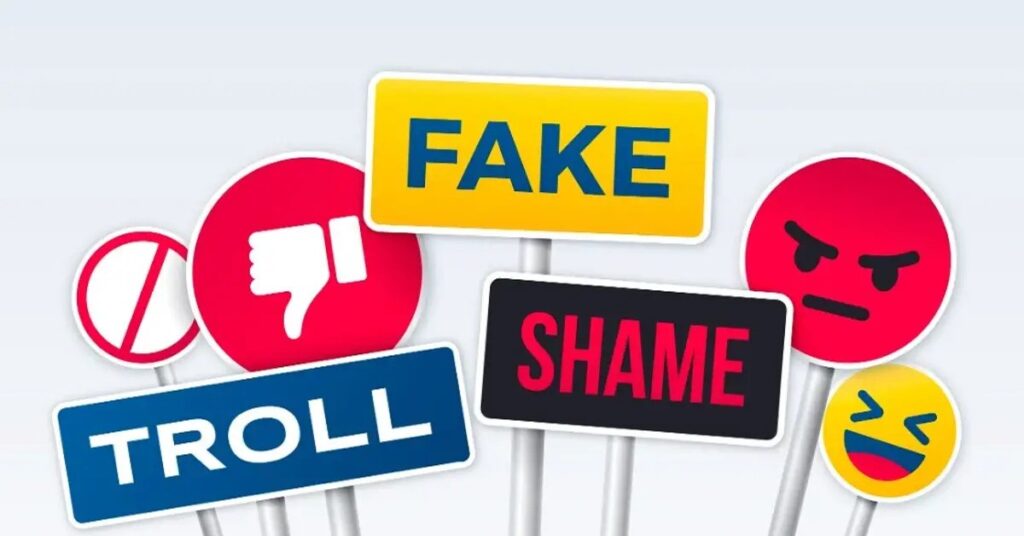In the current economy, consumers place great importance on the ethics and values of the brands they purchase from. The reason behind this shift is mainly because of the rising awareness of social and environmental issues, which makes customers support brands that align with their values. Thus, creating a truly ethical brand is no longer a choice, but has become a necessity for achieving success. Nowadays, ethical branding has become increasingly popular among companies looking to appeal to modern consumers. Let’s get to know more about Ethical Branding and build our first steps toward building one on our own.

What is Ethical Branding?
Ethical branding refers to marketing and business practices that demonstrate a company’s commitment to social and environmental causes. It goes beyond maximizing profits and focuses on making a positive impact. Ethical branding involves adopting responsible business practices that focus on more than just profits. It signifies a commitment to social good, sustainability, and transparent operations that prioritize people and the planet. Some of the main characteristics of ethical brands include:
- Sustainable and eco-friendly production
- Ethical supply chains
- Supporting charities and local communities
- Transparent business practices
- Inclusive and diverse company culture
- Providing good working conditions and fair pay

Why Ethical Branding Matters?
For consumers today, brand values are just as important as brand products and services. An estimated 70% of consumers between the ages of 18 and 35 choose brands based on their ethical practices. Over 50% are willing to pay more for products from companies with strong moral values. Moreover, younger generations like Millennials and Gen Z are increasingly basing purchasing decisions on a company’s ethics and values. Surveys show that a majority want to buy from brands that support social causes and avoid those with concerning environmental records.
Here are three reasons why ethical branding matters:
- Build trust and loyalty: Customers who share your brand’s values become loyal advocates. They trust that you deliver on your purpose, beyond products and services. This deepens the emotional connection between the brand and the customer.
- Attract purpose-driven talent: Ethical companies attract and retain purpose-driven employees. Millennials and Gen Z particularly want to work for companies with strong values. High ethical standards improve recruitment, hiring, and corporate culture.
- Enhance your brand reputation: Acting responsibly enhances your brand reputation. Consumers view companies with high ethical principles as credible and of higher quality. This improves brand perception and affinity.

How to Create an Authentic Ethical Brand?
Transitioning to an ethical brand requires more than just messaging. Companies need to align business practices with their values and mission. Here are some best practices:
- Formulate a clear ethical purpose tied to specific social/environmental causes
- Ensure supply chains and production methods meet sustainability standards
- Commit to transparency and honesty in all marketing and communications
- Support charities and community organizations financially and through volunteering
- Establish ethical HR policies on diversity, inclusion, fair pay, and positive company culture
- Reduce environmental impact through eco-friendly materials, green energy, and minimal waste
- Report regularly on ethical practices and progress to hold yourself accountable
- Respond promptly to fix mistakes or issues instead of hiding them
Stepping Stones to Ethical Branding
Transform your company from the inside out to embrace an ethical branding culture by implementing these practices:
- Establish a moral purpose beyond profits
- Adopt ethical values like honesty, respect, inclusion, and wellbeing
- Source materials and products sustainably
- Operate in an environmentally responsible manner
- Build an ethical supply chain
- Offer a transparent work environment
- Make ethical choices when marketing your brand
While transforming into an ethical brand takes time, small changes consistently applied can have a big impact over years. Making values-driven decisions across your business and communicating your purpose sincerely will help attract like-minded customers and employees.

Ethical Branding in Action
Some well-known ethical brands, such as Patagonia, Ben & Jerry’s, and Teal Media, are great examples to look up to. They not only talk the talk, but also walk the walk by advocating for environmental causes, offering fair wages to their workers, using sustainable materials, contributing profits to social initiatives, and publicly expressing their opinions on social issues.
Bottomline
Building your own ethical approach starts with identifying your core values and honest purpose. Apply those values practically in business decisions and communications. Ethical branding is a journey of improvement, not perfection. The rise of ethical branding presents both an opportunity and responsibility for companies. Those who seize the opportunity to connect with today’s values-driven consumers will reap the benefits of greater trust, loyalty, and positive reputation. In a nutshell, adopting ethical branding will be a great strategy for brands for building a profitable business.
Also Read: How Sustainable Strategies Can Shape The Future of Branding?



